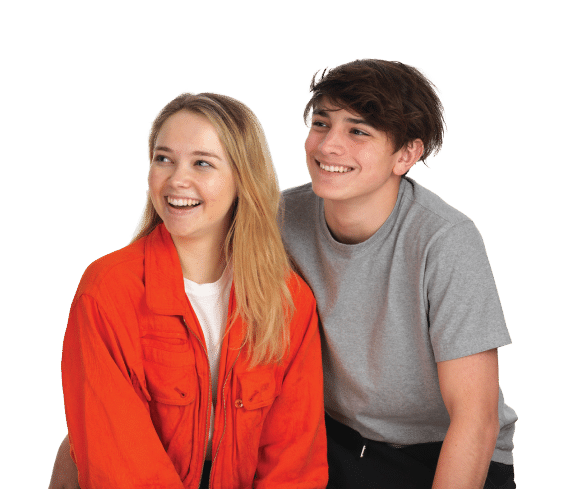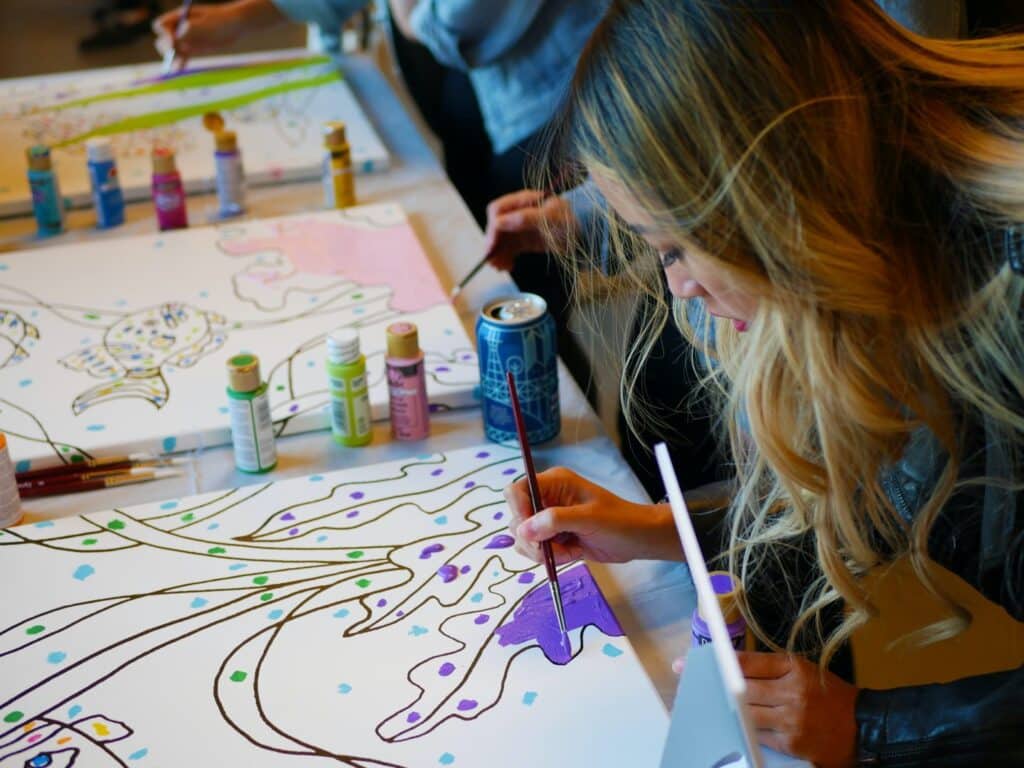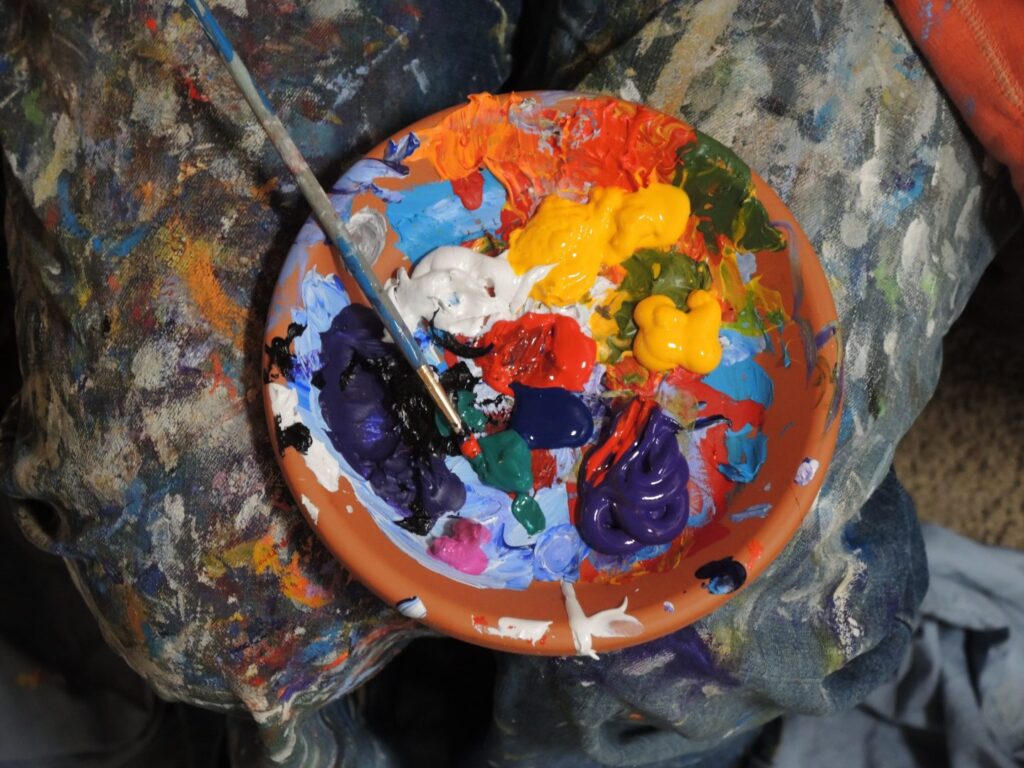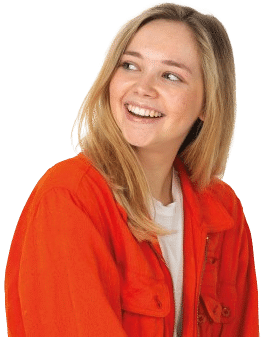
To succeed in GCSE Art, it is important to have a strong understanding of the complexities of studying a subject with little essay content. Having a GCSE Art tutor is a great way to help build confidence in portfolio building. They will also help prepare for the externally set assignment.
GCSE Art can open doors into many different careers. Of course, you can go into being An Artist, Art teacher and Art Lecture. However, there are other industries that GCSE Art can open doors to. These include Architecture, Jobs within the Fashion industry, Media and Film careers and Graphic Design opportunities. There are many other avenues that GCSE art can lead you to.
Having the help of a GCSE Art tutor, can not only help with developing your portfolio. Which for high marks must be content rich with multimedia displays of your chosen subject matter But they will also help you to excel your work in the area most relevant to your future career. For example, if you think you may want a future career in Architecture, they will focus on enhancing your fine art drawings.

Exam Boards
It is useful to have knowledge of what exam board your child is sitting for their GCSE Art exam. Each syllabus varies ever so slightly. Having an understanding of your child’s exam board can be really useful for your GCSE Art Tutor. If you are able to tell them which exam board is being studied, they will be able to help tailor their teaching to enhance your child’s learning.
The main exam boards for GCSE Art are:
- Oxford, Cambridge and RSA Examinations (OCR)
- Assessment and Qualifications Alliance (AQA)
- Edexcel
- Cambridge iGCSE
- Council for the Curriculum, Examinations & Assessment (CCEA)
What course content you will cover
Although course content varies according to the exam board, GCSE Art covers majorly the same areas of art.
The questions that are put forward in GCSE Art allow students to demonstrate their ability to:
- bring together the knowledge, understanding and skills acquired during their course of study
- select and present work produced during their studies to demonstrate attainment, reflecting a holistic approach to coverage of the assessment objectives
- make connections between knowledge, understanding and skills when engaging with sources such as the work of artists, craftspeople and designers and when applying working methods and processes appropriate to one or more of:
- a starting point, stimulus or issue-based concern
- a design brief or problem requiring a solution
- a task which specifies an outcome such as an image, artefact or product.
Portfolio
In preparing a portfolio, it is important that a student develops good responses to their initial starting points. To build your portfolio it is important that you refine your ideas and meaningful engagement with selected sources. Responses to our starting point will include evidence of drawing for different purposes and needs and written annotation. It is also important that with the help of your GCSE Art tutor, you develop responses to your starting point, which include multimedia. This could be a mix of painting, drawings and photography.
Your portfolio will also carry the large majority of your overall marks. On some exam boards your Portfolio carries up to 60% of the final grade.
Externally Set Assignment
In Component 2, students respond to a starting point provided by the exam board. This response provides evidence of the student’s ability to work independently within specified time constraints, realise intentions that are personal and meaningful and explicitly address the requirements of all four assessment objectives.
These set assignments can usually be 10 hours of supervised work. This is often set as two full days within school hours. Your externally set assignment often carries 40% of your overall marks. Although it carries less than your individual portfolio, it is still important to perform well in order to gain top overall marks.

How a GCSE Art Tutor will help you do well
Although it can be difficult to prepare for the externally set exam. Your GCSE Art tutor will be able to really help with your development of your individual portfolio. During your lessons, your GCSE Art tutor will be able to focus on areas that you are struggling with, whether it is techniques within your artistic ability or if it is helping you to further develop your original concepts. Developing these ideas will therefore help you to obtain higher overall grades. Your GCSE Art tutor will also help you to document the thought processes behind your choices which will then again develop your overall grades.
Understanding the mark scheme
GSCE Art enhances the abilities of students and they are assessed on:
- actively engage in the creative process of art, craft and design in order to develop as effective and independent learners, and as critical and reflective thinkers with enquiring minds
- develop creative, imaginative and intuitive capabilities when exploring and making images, artefacts and products
- become confident in taking risks and learn from experience when exploring and experimenting with ideas, processes, media, materials and techniques
- develop critical understanding through investigative, analytical, experimental, practical, technical and expressive skills
- develop and refine ideas and proposals, personal outcomes or solutions with increasing independence
- acquire and develop technical skills through working with a broad range of media, materials, techniques, processes and technologies with purpose and intent
- to develop knowledge and understanding of art, craft and design in historical and contemporary contexts, societies and cultures
- develop an awareness of the different roles and individual work practices evident in the production of art, craft and design in the creative and cultural industries
- develop an awareness of the purposes, intentions and functions of art, craft and design in a variety of contexts and as appropriate to students’ own work
- demonstrate safe working practices in art, craft and design.
The exams and non-exam assessments will measure how students have achieved the following assessment objectives.
- Develop ideas through investigations, demonstrating critical understanding of sources.
- Refine work by exploring ideas, selecting and experimenting with appropriate media, materials, techniques and processes.
- Record ideas, observations and insights relevant to intentions as work progresses.
- Present a personal and meaningful response that realises intentions and demonstrates understanding of visual language.
Scoring highly in these four areas is essential in obtaining higher grades.
What is different this year?
Coronavirus contingency arrangements for the 2022 exam cycle, exams provisionally will return to normal.
Sitting Public exams for the first time
Sitting important public exams comes with pressures that your child may never have experienced before. Although a small amount of pressure can help your child’s performance on the day, it is important they have some time to unwind. It is important for students to take some time to relax, taking time to do something social and something they love.
GCSE Art Tutor
The best way of supporting your child throughout their GCSE Art exams. Is to give them the tools and skills to succeed. An effective way to do this is having a GCSE Art tutor. We will ensure your GCSE Art tutor has a wealth of experience in teaching Art. They will help build your child’s confidence in tackling the externally set assignment and building their portfolio.
Other articles you may find useful:
London’s No.1 Tuition Agency
Media coverage
Mentor Education won Tutoring Provider of the Year at the Education Investor Awards in 2022 and 2024. We also won at the National Tutoring Awards and an Entrepreneur of the Year award in 2024. We are regularly featured in the Education Press, including School Report Magazine, the Good Schools Guide, and more.
Our Clients Journeys
Case studies
At Mentor Education, we owe our success to the remarkable individuals who make up our team of tutors. They are more than just educators—they are mentors, motivators, and role models who inspire their students to reach their full potential. Our GCSE tutors are all qualified teachers and subject specialists, with many Heads of Department and Examiners on our books.
Customers love what we do
What our parents have to say about Mentor
We are so proud of our 5 star reviews and GCSE testimonials which are a testament to the relationships our teachers build with their students and the success they create together.

